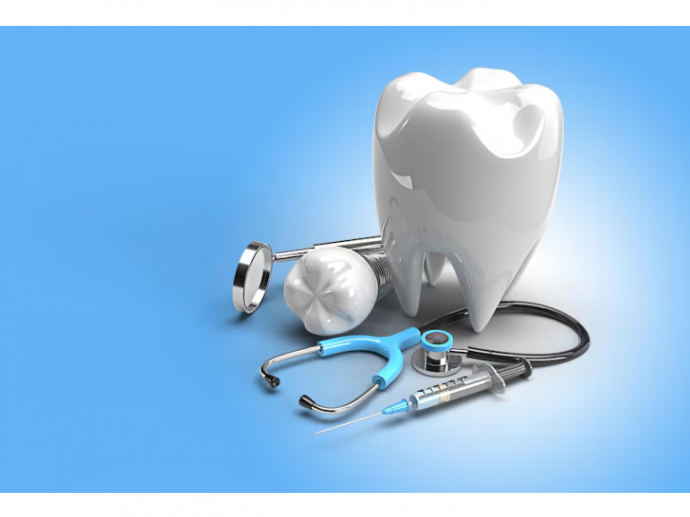Categories more
- Adventures (17)
- Arts / Collectables (15)
- Automotive (37)
- Aviation (11)
- Bath, Body, & Health (77)
- Children (6)
- Cigars / Spirits (32)
- Cuisine (16)
- Design/Architecture (22)
- Electronics (13)
- Entertainment (4)
- Event Planning (5)
- Fashion (46)
- Finance (9)
- Gifts / Misc (6)
- Home Decor (45)
- Jewelry (41)
- Pets (3)
- Philanthropy (1)
- Real Estate (16)
- Services (23)
- Sports / Golf (14)
- Vacation / Travel (60)
- Watches / Pens (15)
- Wines / Vines (24)
- Yachting / Boating (17)
6 Crucial Factors to Consider When You Go for Dental Surgery
Published
07/07/2024Going to see a dental surgeon can be a frustrating prospect for the majority of people with dental issues. Gaining knowledge on factors to put into consideration before undertaking a dental surgical procedure may help reduce the level of anxiety.
In this informative blog post, we’re going to shed light on some of the most crucial factors to consider when it comes to going for dental surgery.
1. Decide On a Qualified and Specialized Dental Surgeon
Thinking about how to opt for a qualified and specialized dental surgeon? If so, then you should be mindful. Don’t overlook qualification and experience factors while choosing a dental surgeon. Enquire about your dentist’s credentials and expertise record in the specific procedure you are looking for.
What’s more, you need to ask about their prior experience with similar cases as yours, their success rates, and patients’ feedback, too. Once you become aware of all the details about your prospective dental surgeon and find them a reliable choice, you can schedule your appointment.
2. Ensure the Usage of Updated Surgical Tools & Equipment
The proper utilization of premium-quality, professional dental surgical instruments & equipment is paramount if you want your safety and get ultimate outcomes. Scalpels, forceps, retractors, and gauze bandage sizes are some of the surgical tools and needs that necessitate proper maintenance, sterilization, and compliance with industrial standards.
Before going for your dental surgery, you need to ensure that the tools and equipment used during treatment are disinfected, sterilized, and of the highest quality. So, the chances of risks, complications, and infections will be lessened.
3. Ask Your Dentist About the Procedure and Its Consequences
Don’t overlook the importance of discussing the procedure in detail with your dentist or dental surgeon. You need to get to know why the surgery is a must-be-done, what it signifies, and any prospective consequences or complications that may appear after surgery.
If you gain knowledge of all the intricacies of your dental surgery, it will help you make an informed decision and emotionally prepare for the process.
4. Discuss Different Anesthesia Options and Safety Measures
Consult with your dental surgeon regarding the kind of anesthesia that would be suitable for your procedure. Based on the surgical plan and your medical history, these can be local, conscious sedation, or general anesthesia.
It is your dentist’s responsibility to inform you of the advantages and possible complications of each option and put the proper measures in place during the surgery.
5. Do Prepare Yourself and Get Recovery Instructions
If your dentist gave you any instructions regarding the diet before the surgery, ensure you adhere to them. This may involve having to abstain from eating prior to surgery, changing doses of medication prior to the surgery, and other aspects of pre-and post-operative conditions.
Awareness and compliance with these instructions can go a long way toward preventing complications, supporting recovery, and giving dental health benefits.
6. Consider Financial Considerations & Insurance Coverage
Ask your dentist about the expenses of the procedure and insurance coverage or payment plans. Be aware of which costs are incurred, as well as how they will be financially administered.
Be aware that several dental surgeries can only be at least partially reimbursed through dental insurance, depending on the type of operation and the specific insurance coverage a patient has.















